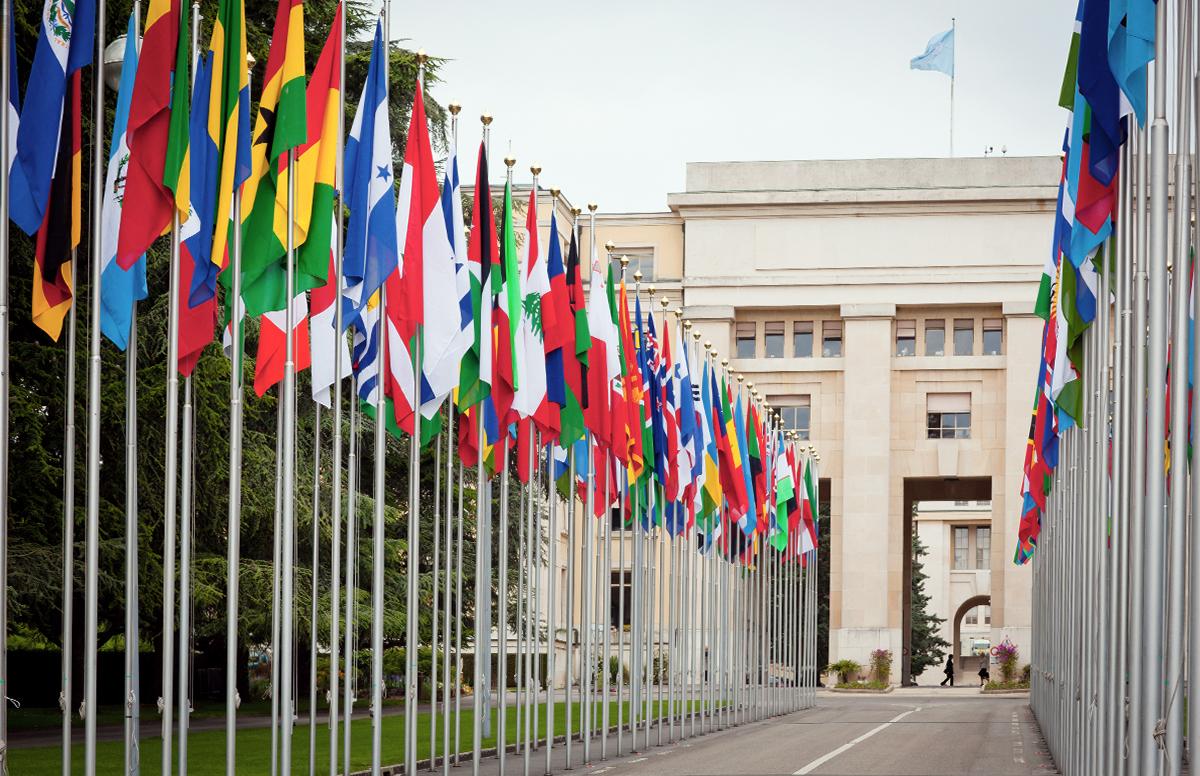For years the World Health Organization (WHO) and its member states have made improving global access to medicines a top priority of major international meetings. This year’s WHO Executive Board Meeting—the governing body’s 144th convening, scheduled to take place in Geneva during the last week in January—is no exception, as the Board’s 34 delegations prepare to discuss the Roadmap to Access to Medicines. Regretfully, the WHO has proposed a roadmap that could be a counterproductive strategy on access to medicines. WHO Executive Board members must use this upcoming meeting to warn the WHO of the serious consequences of this approach.
Improving global access to medicines is an urgent need. Around the world an estimated 2 billion people lack access to even the most basic medicines—a number that has changed very little over the last decade. Clearly, given the attention this issue receives from the WHO and the international community as a whole, this lack of progress isn’t for lack of trying. However, the proposed approach should not try to “solve” this complex issue through ideologically driven policies that undermine intellectual property protections and erode incentives for innovation. The Roadmap, which was prepared by the WHO Secretariat, , proposes expanding and deepening this strategy.
There are a lot of problems with this.
The WHO's historically outsized emphasis on intellectual property as a barrier to global medicines access fails to reflect reality. Research has shown that intellectual property is actually not a serious barrier to access-findings that are underscored by the fact that over 90 percent of what the WHO has deemed essential medicines, are already off-patent and yet remain out of reach for millions.
For starters, it is based on an incorrect notion that intellectual property is a barrier to global health and access to medicines when, in reality, studies have shown that intellectual property serves as a critical incentive for the research and development (R&D) necessary to bringing new treatments and cures to patients around the world. Research has also shown that intellectual property is actually not a serious barrier to access—findings that are underscored by the fact that more than 90 percent of what the WHO has deemed essential medicines, are already off-patent and yet remain out of reach for millions.
Not only does undermining intellectual property jeopardize the innovation ecosystem that helps ensure the development of lifesaving breakthrough medicines, it also shortchanges the real and complex challenges that impede patients getting the medicines they need. Interrelated issues such as poor infrastructure, weak supply chains, health workforce shortages, limited patient health literacy and inadequate healthcare financing are the most significant obstacles countries face when trying to improve patient access to medicines.
As the WHO Executive Board discusses how to ensure more patients have better access to the care they need, it’s an opportunity for the international community to finally come to the table with real solutions that account for the true barriers to access. First, however, Executive Board members need to tell the WHO clearly that its proposed work on IP – including assistance to countries to issue inappropriate compulsory licenses –will make it harder for patients to get the medicines they need. . In particular, the Executive Board should express serious concerns about WHO promoting IP policies that are harmful and deeply controversial among the WHO’s Member States. The Executive Board should insist that the WHO defer entirely on IP policy issues to international organizations -- namely, the World Intellectual Property Organization (WIPO) and the World Trade Organization (WTO) -- that have the right expertise and mandate.
By refocusing its work on tackling the real barriers to access, the WHO can make a real impact in getting more patients the medicines that can save their lives. As the leading international health governing body with ample expertise on issues like supply chains and drug regulation, it’s what the WHO is best equipped to do.
Global leaders need to stand up for intellectual property, speak out about the facts, change the conversation and take steps towards addressing the most daunting access challenges facing countries and patients around the world. There’s no better time than the upcoming WHO Executive Board. Millions of patients around the world are depending on the WHO delegates to take action.


